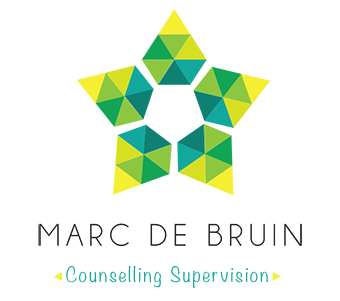Are Counsellors Mandatory Reporters in Australia?
Are Counsellors Mandatory Reporters in Australia? The answers to this question tend to vary widely, so I wanted to write an article to provide clarity. We focused on this in our recent group supervision session, and I thought I’d bring it to everyone’s awareness.
Firstly, let’s focus on counsellors specifically. This will most likely differ from social workers and psychologists, but generally, counsellors in Australia are not mandatory reporters (don’t start jumping up and down straight away; I said generally). Remember, we are bound by duty of care and client confidentiality, and in most cases, this should take priority. However, there can be situations where reporting becomes an ethical obligation, and in some cases, a legal one. But on the whole, mandatory reporting does not generally apply to counsellors.
For example, in Queensland, counsellors are not typically considered mandatory reporters. The only overall exception is when there is a risk of abuse or neglect involving a child. In such cases, any adult, not only counsellor, are required to act as a mandatory reporter. But when it comes to adults, there’s no blanket requirement for mandatory reporting.
So, what should you do to ensure you’re acting appropriately? First, check federal laws; you probably won’t find too much. Then check your professional association ethical guidelines, such as those from PACFA or ACA, depending on your membership. Then, review your state-specific legislation. Each state has its own rules, which may vary depending on your industry.
For example, in New South Wales, counsellors working in education or management roles may be mandatory reporters. This has been stipulated clearly, whereas in Queensland, rules differ. In early childhood education and care settings, counsellors might also be required to report, but again, this is specific to the state and the industry.
Always consider client safety and confidentiality first and then look at federal, and then your state’s specific rules around mandatory reporting. Make sure you are well-informed. If you mistakenly assume you have a mandatory reporting duty and act on that assumption, you could breach client confidentiality in situations outside of child abuse or neglect, which is not acceptable.
If you’re unsure about your obligations, seek clarification from peers, professionals or from your supervisor (me; I hope!). I’m happy to discuss this further in a supervision session. In the meantime, make sure you check the relevant laws and ethics to make an informed decision.





Leave a Reply
Want to join the discussion?Feel free to contribute!